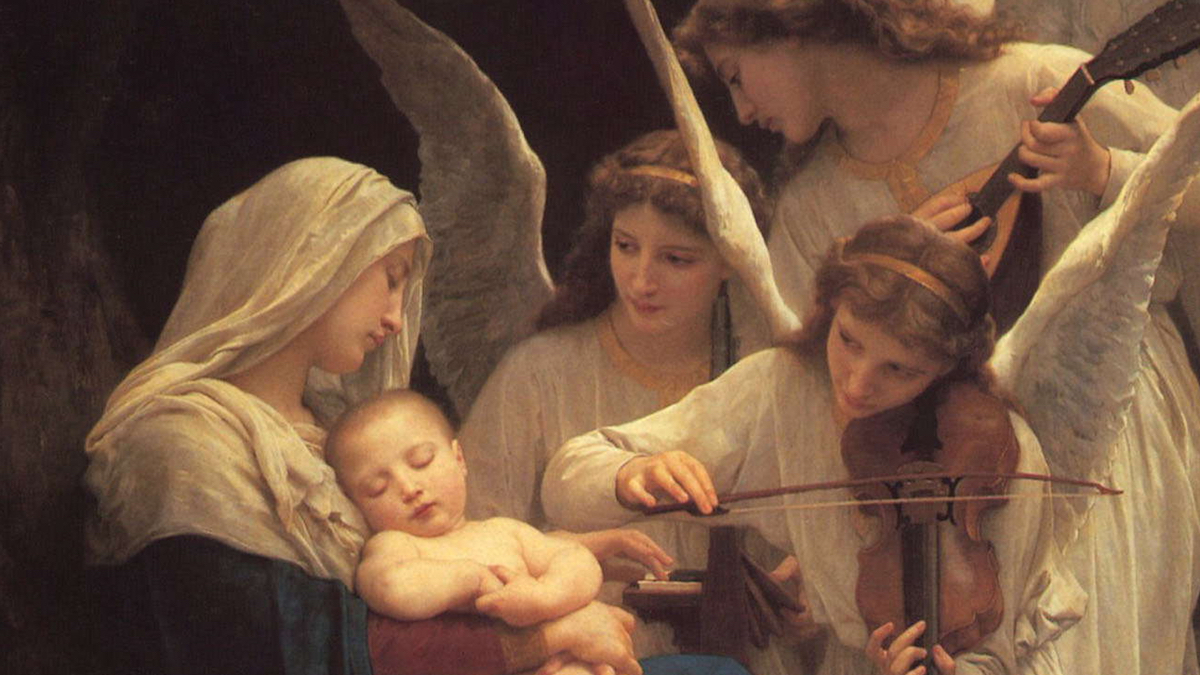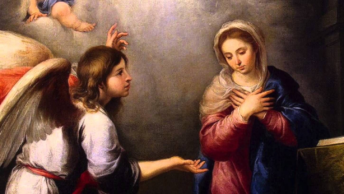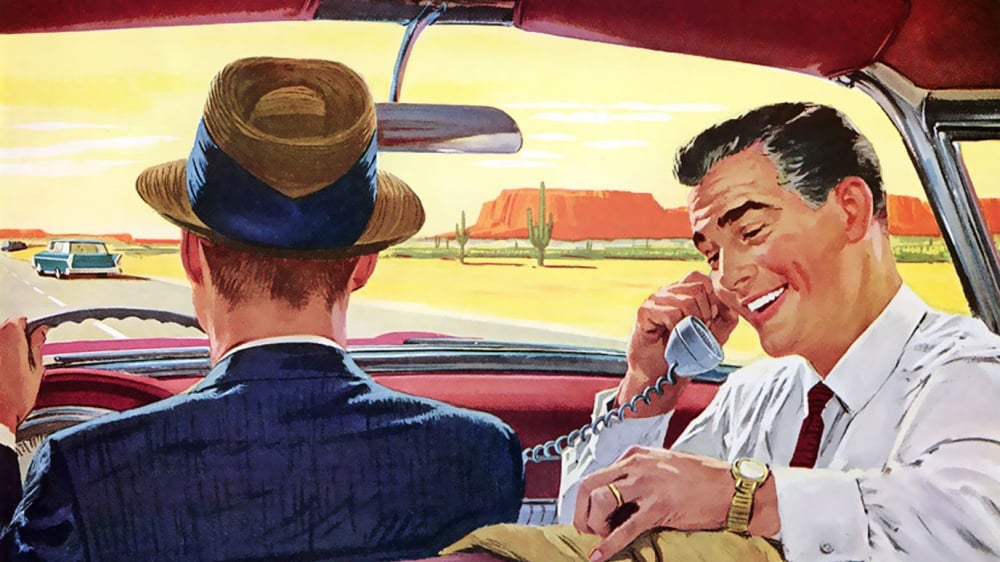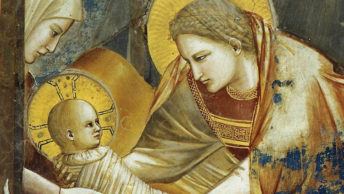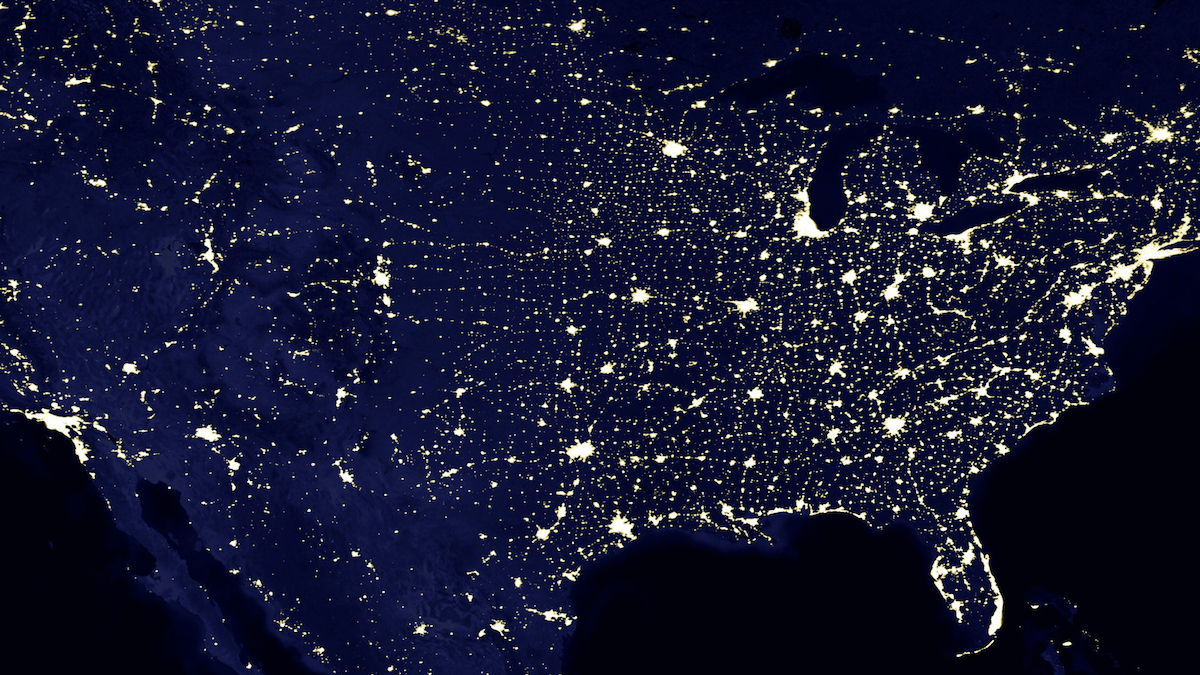On the third Sunday of Advent, the clergy wear pink vestments and the pink candle on the wreath is lit because this is what was called, until recent times, Gaudete Sunday.
The parsing of Gaudete is as follows: present imperative second person plural of the Latin word gaudere=to rejoice. It is a precise order given us by God through Paul (Phil 4:4).
Now, for those who are not easily convinced: go and read again the 1st reading (Isaiah 35: 1-6a, 10) and underline these words: exult, rejoice, bloom, glory, splendor, enter Zion singing, everlasting joy, joy and gladness, sorrow and mourning will flee. Got the picture?
So, now that we are all on the same page, let us ask ourselves if Paul, mimicking the Prophet Isaiah, has the right to order us to rejoice.
This is a legitimate question.
Just watch the evening news; just glance at the front pages of our daily newspapers; just listen to the radio. Those who have reached the cynical stage, those who have thrown in the towel would resent such an order and would tell the rest of us to get real and keep our eyes open and our ears perked even if just for a short while.
We know, of course, that they have a point. Let me just enunciate a few words here and you’ll see what flood they open up in your hearts:
Afghanistan, Iraq, Aleppo, unemployment, child abuse, abortion, Middle East, genocide, terrorist attacks, terminal illness, drive-by shootings.
However, since the Church, without fail, every 3rd Sunday of Advent, orders us to rejoice, we must put forth an honest effort to find the reason for such stubborn insistence. Let us remember that the Church is directly affected by the evils that I have just listed. There are evils within her and without. This is not a case of blissful ignorance or being in denial.
Perhaps the best way to solve this riddle is by proceeding step by step.
- First of all we should acknowledge that, in spite of all the tragic elements of evil robbing us of sleep, making us anxious and apprehensive and sad, if we know a thing or two about history, we would not choose to live in any other previous age.
- Secondly, we ought to ask Jesus the same question John the Baptist sent messengers to ask him: “Are you the one who is to come or should we look for another?” This is far from being an idle question. It is most existential. It is a humble recognition that we are infested within and also encircled by evils over which we have no power or protection or way out. Most of us believers have compounded the problems that afflict us by being reluctant to surrender totally and trustingly into the Lord’s hands. For a long, long time, we have tried a combination of personal skills, know-how, luck, savvy and …prayers. This has to stop. It has not worked, it will never work. God cannot play second fiddle to our choices. We should be totally open to His insights (Word of God) as well as being playable in his hands and docile to his commands.
- Once this unconditional and humble surrender is done, we would still have to bear bold witness to those around us that there are only two choices left for any believer: God or that “someone else” to whom John refers. We have to be consistent, loyal and perseverant. This too is far from being easy because, out there, we are always lured to join forces with “someone else” to try the easy way out, the convenient solution, the all-inclusive approach that lacks character but is very tolerant even of aberrations.
- And, finally, we have to believe, at gut level, that what Jesus lists as evidence for the establishment of God’s Kingdom is taking place even now. We ought to believe that even now God, and God alone, can make the blind regain their sight, the lame walk, cleanse the lepers, the deaf hear, the dead rise again and announce the good news to the poor. Unfortunately we rely on our limited and mixed experience to decide whether we can reasonably expect these miracles to take place or not. Perhaps what we should learn today is that we can carry out the order to rejoice only if we are poor so that God can announce His good news to us. To be poor implies that the thought of fixing some of the problems of the world by relying on our or other people’s resources will never cross our mind again.
Especially during Advent, the figure of John the Baptist looms gigantic; yet every single one of us surrounded by and rooted in God’s Kingdom should realize that he/she can be bigger than John just by being the least in that Kingdom.
It has all to do with faith in the resurrection of Christ. The resurrection is the single most important, earthshaking, all-transforming event in the history of the world. It is the ultimate good news preached to those who accept this fact with simplicity of heart and full acknowledgment of their “poverty.”
We are invited to belong to such chosen elite; to believe that we can afford to rejoice because of God’s love for us. We rejoice, though with a contained joy, on account of all the pain still present in the world and in our hearts as well. And, we do not mind being ordered to rejoice because we know that nothing is impossible with God and that He is our protector and our shield to the end of the ages.

